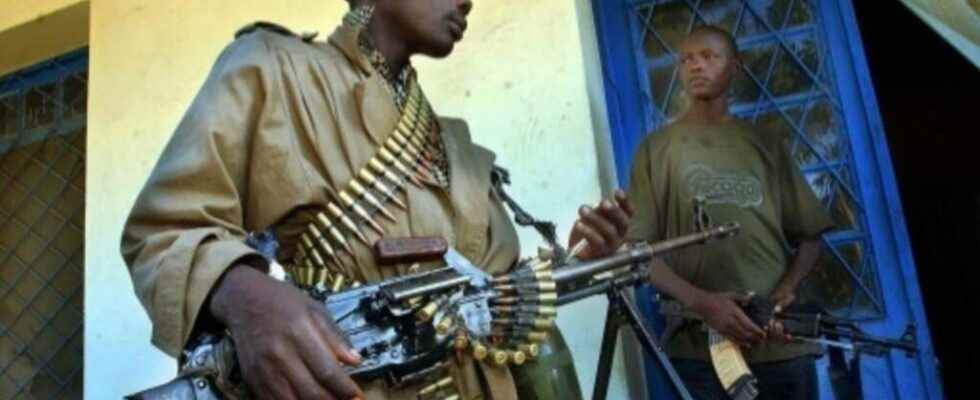In Ituri, around twenty people were killed in several villages in attacks attributed to Codeco militiamen. These events have further accentuated criticism of the state of siege in force in this province since May 2022. Civil society actors and other community and political leaders decry the management of the security crisis and call for an end to the ‘state of siege.
With our correspondent in Kinshasa, Patient Ligodi
Attacks on travellers, kidnappings for ransom, clashes between militiamen and violence in and around mining areas, the security crisis has worsened in several areas of the province in recent months.
In Djugu, the Zaire movement has even turned into an organized armed group, note UN experts on the DRC. The URDPC, a faction of Codeco, has also grown stronger, still in Djugu, and has extended its actions to other territories such as Mahagi and Irumu.
It is in this context that some civil society actors are wondering why military action is not succeeding in stemming the crisis. The military governor tried to give some answers during a press conference organized earlier this year in Bunia.
Some units trained for deployment in the province, he said, were sent to North Kivu, to fight the M23 considered for the moment, he specified, as the main effort to be made.
The same explanation was given by UN experts in their latest report on the DRC. They noted that the departure in June 2022 of the 3308th regiment of the Army in the territory of Rutshuru, in North Kivu, particularly favored the expansion of the Codeco/URDPC militia.
The second reason for this criticized result of the military action is the nature of the conflict in the province of Ituri, also explained the military governor. He considers that it is a civil conflict and the Army is not made to fight the populations. He pleads for more resources as part of a global and multidimensional response.
